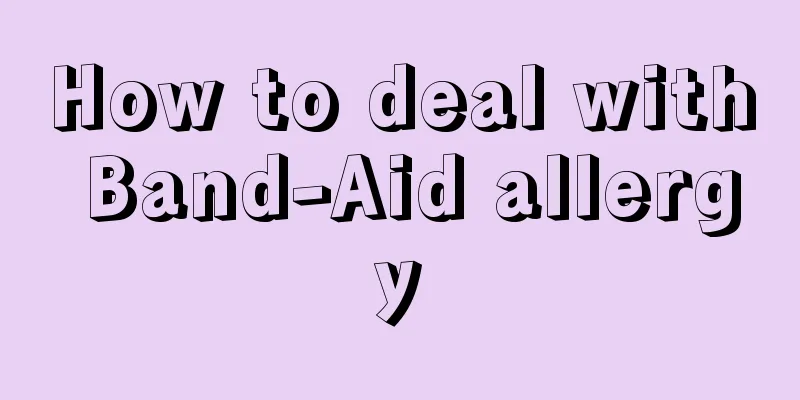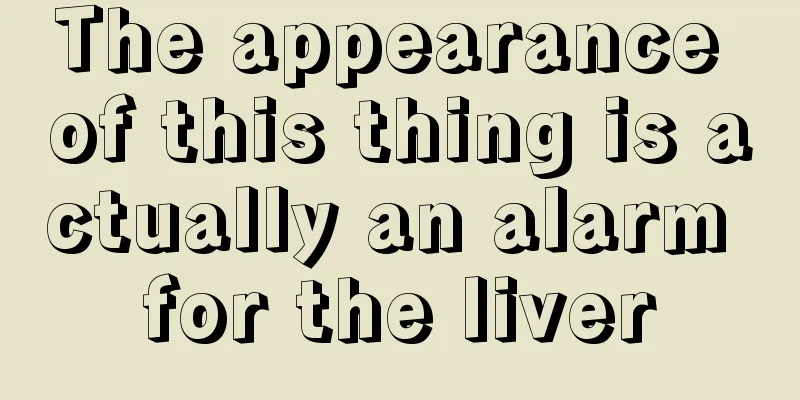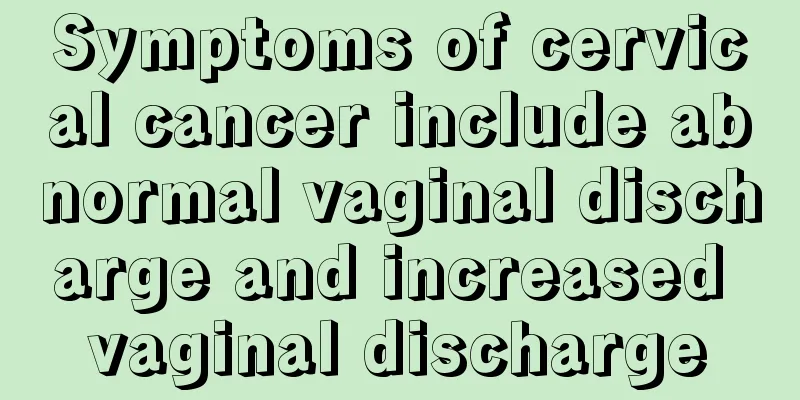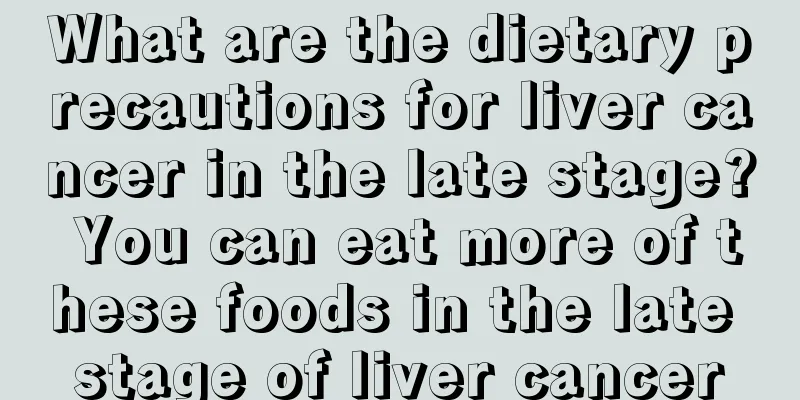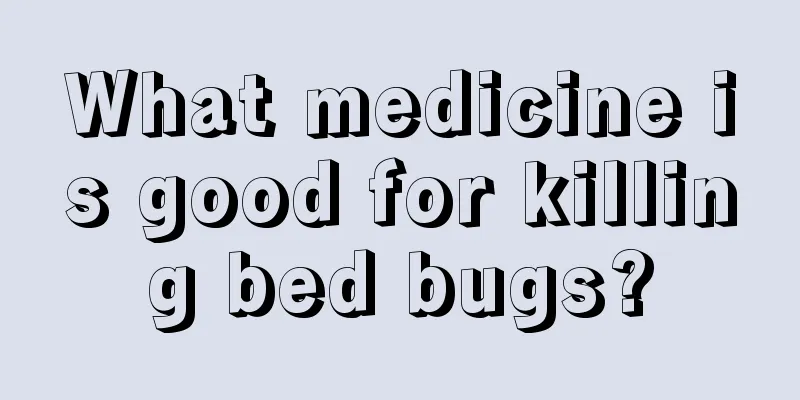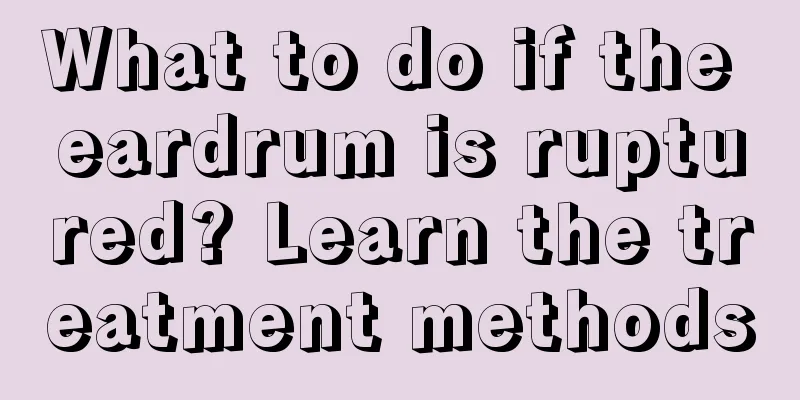Treatment of dilated cardiomyopathy
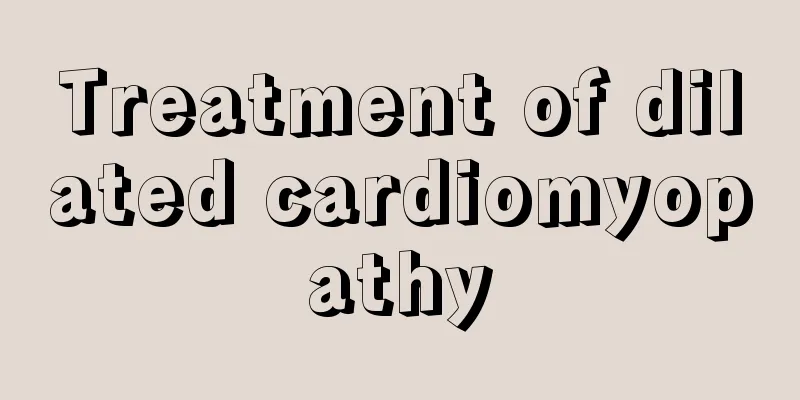
|
Dilated cardiomyopathy is actually a type of heart disease. It causes the atria of the heart to dilate. Patients will experience symptoms of difficulty breathing and a decrease in ventricular contraction. You can learn about the treatment of dilated cardiomyopathy. 1. Rest and avoiding fatigue must be emphasized. People with enlarged heart and decreased heart function should pay more attention and rest for a long time to avoid worsening of the condition. 2. The treatment principles for patients with heart failure are the same as those for general heart failure, using cardiotonic drugs, diuretics and vasodilators. Due to extensive myocardial damage, Rehmannia and diuretics are helpful. When glomerular filtration is low, hydrochlorothiazide may be ineffective. At this time, loop diuretics such as furosemide are needed. Vasodilators, such as angiotensin-converting enzyme inhibitors, are also useful. They should be started at low doses and care should be taken to avoid hypotension. In recent years, it has been found that beta-blockers are effective in treating heart failure. The mechanism may be that in chronic heart failure, adrenergic nerves are overexcited and beta-receptor density is downregulated. In this disease, its degree is greater than after myocardial infarction. After using beta-blockers, the harmful effects of overexcitation of adrenergic nerves are eliminated, and beta-receptor density in the myocardium is upregulated. It is known that β1 is good. Start with a very small dose and then slowly increase the dose. This treatment can prolong the patient's life. 3. Patients with arrhythmias, especially those with symptoms, need to be treated with antiarrhythmic drugs or electrical methods. Patients with rapid ventricular rhythm and high-degree atrioventricular block who are at risk of sudden death should be treated actively. 4. Oral anticoagulants or antiplatelet drugs can be used to prevent embolic complications. 5. Drugs that improve myocardial metabolism, such as vitamin C, adenosine triphosphate, coenzyme A, cyclic adenosine monophosphate, coenzyme Q10, etc., can be used as auxiliary treatments. 6. For patients with long-term heart failure who have not responded to medical treatment, heart transplantation should be considered. After the operation, infection should be actively controlled, immunosuppression should be improved, and rejection should be corrected. The survival rate can reach more than 85% after one year. |
<<: What to do if insulin is high? Three things to know
>>: What are the most common complications of mitral stenosis due to rheumatic heart disease?
Recommend
What are the common treatments for lung cancer? Hospitals often use 4 methods to treat lung cancer
What are the commonly used treatments for lung ca...
How to prepare penicillin skin test solution?
Medicines are necessary materials for treating di...
Can I lose weight by not drinking water at night?
We all know that most of our body is water. If we...
How to lower blood sugar after meal
Now, with the improvement of people's living ...
What are the symptoms of calcium deficiency in the legs
Calcium is one of the most important substances i...
What is the correct way to do face yoga?
Everyone knows about yoga. Yoga has many benefits...
Does eating ginger really induce liver cancer? There are seven symptoms of early liver cancer
Recently, rumors that "eating ginger can cau...
What to do if your ears are running and smelly
Ear discharge and odor are both symptoms. Clinica...
What is the effect of soaking your feet in hot water?
For many people, soaking their feet in hot water ...
Why does my chest hurt and itch?
Chest pain and itching may be caused by breast hy...
Can gallbladder cancer be cured?
Gallbladder cancer has an insidious onset, lacks ...
Symptoms of chondrosarcoma of the knee
Chondrosarcoma of the knee is a rare malignant bo...
What's the matter with the bulge behind the spine and neck
We will find in life that many people have a bulg...
What are the hazards of slimming socks
Nowadays, girls love beauty very much, and they p...
My fingers are numb as if I were electrocuted
Hands are the most commonly used organs of people...
